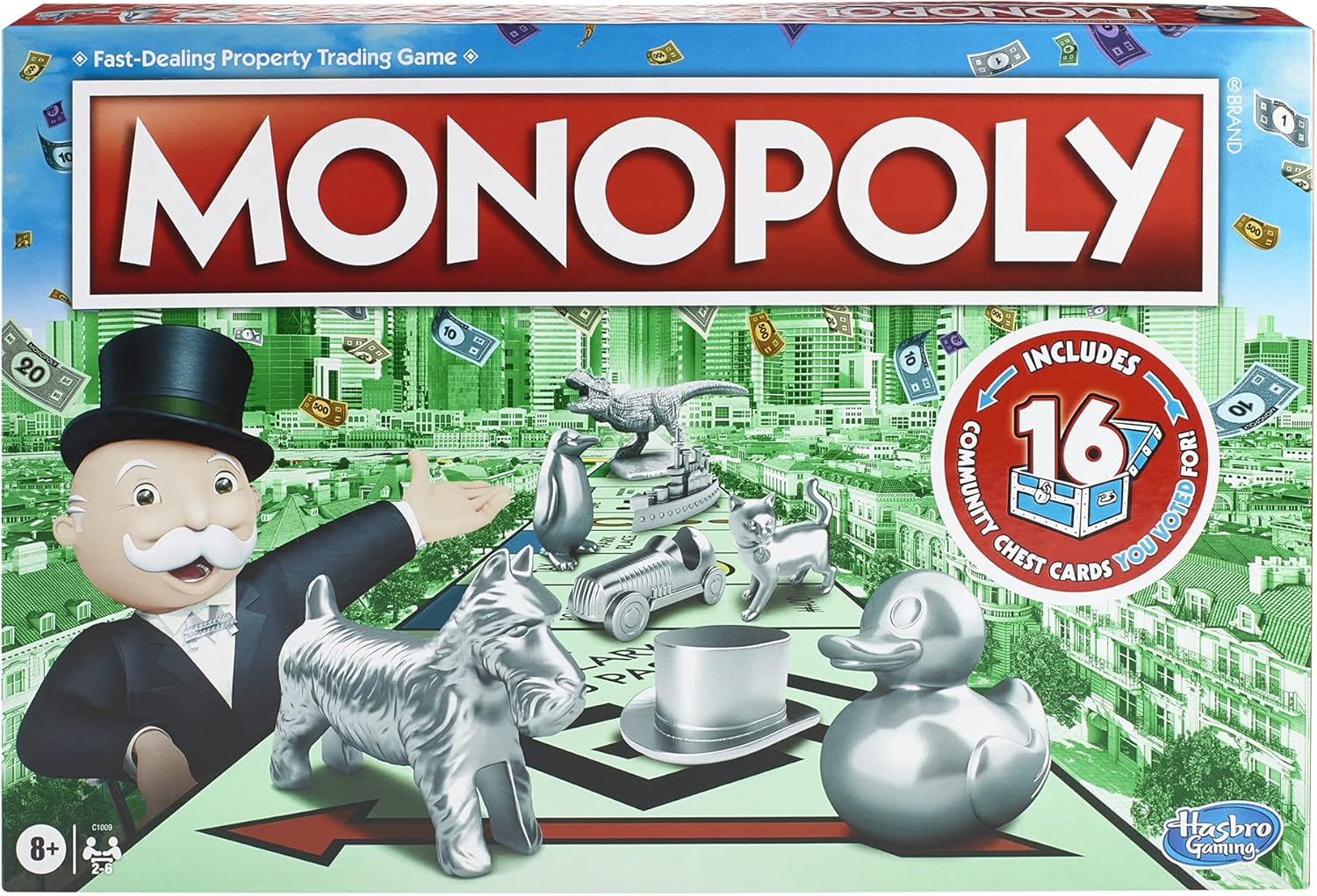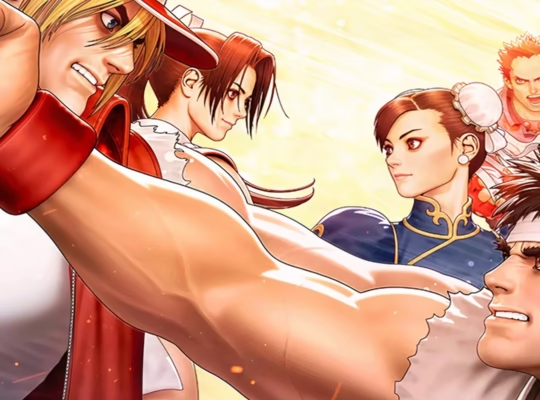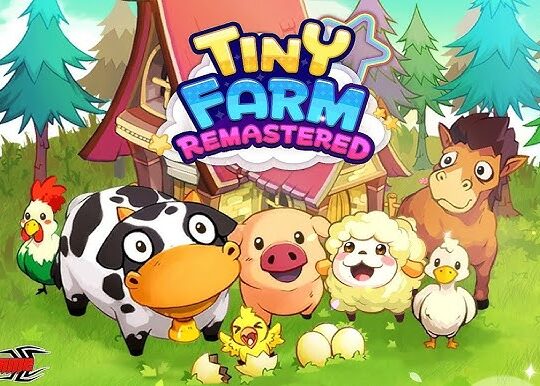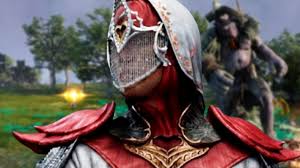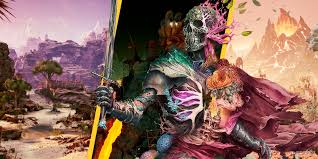The Game of Monopoly: Pros and Cons
Monopoly, a classic board game originally created in the early 20th century, has become synonymous with family game nights and competitive play. Its core objective is to acquire properties, build monopolies, and bankrupt opponents. While it offers a unique gaming experience, Monopoly has its pros and cons, making it a topic of debate among players.
Pros of Monopoly
- Social Interaction: Monopoly encourages socialization and interaction among players. It brings friends and family together, fostering communication and sometimes healthy competition(TrueAchievements).
- Strategic Thinking: The game involves strategic decision-making, requiring players to think critically about investments, property management, and resource allocation. Players learn to negotiate trades and formulate strategies to outmaneuver opponents (PlayStation Store).
- Understanding Economics: Monopoly introduces players to basic economic concepts, such as supply and demand, property value, and investment risks. These elements can serve as a foundational learning tool for younger players(TrueAchievements).
- Variety of Editions: With numerous themed editions available, Monopoly appeals to a wide audience. Players can choose from classic versions or themed ones based on popular franchises, which adds a fresh twist to the traditional gameplay(PlayStation Store).
Cons of Monopoly
- Lengthy Gameplay: One of the most common criticisms is the game’s potential for extended playtime. Games can last several hours, leading to player fatigue and diminishing engagement, especially for those who might not be as invested in the outcome (TrueAchievements).
- Frustration and Conflict: Monopoly can lead to heated arguments and frustration among players, particularly if someone is consistently losing. The competitive nature and chance elements can exacerbate tensions, making it less enjoyable for some(TrueAchievements)(PlayStation Store).
- Luck vs. Skill: While strategic thinking is crucial, a significant portion of the game relies on luck (dice rolls and card draws). This randomness can overshadow skillful play, leaving some players feeling that their efforts are futile (PlayStation Store).
- Inequality: The mechanics of the game often lead to a situation where one player gains a significant advantage, making it difficult for others to catch up. This can lead to a sense of hopelessness for those who are behind, reducing the enjoyment of the game(TrueAchievements)(PlayStation Store).
Conclusion
Monopoly remains a beloved board game for many, offering a blend of strategy, negotiation, and social interaction. However, its lengthy gameplay and the potential for conflict may deter some players. Ultimately, whether Monopoly is a hit or miss often depends on the group playing and their expectations. For more in-depth insights, you can check out sources like and


